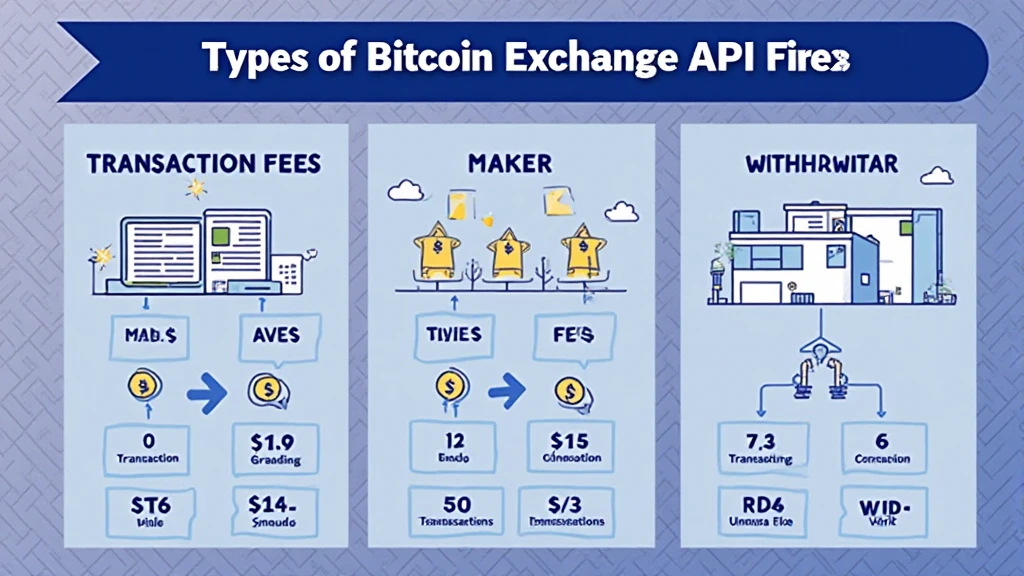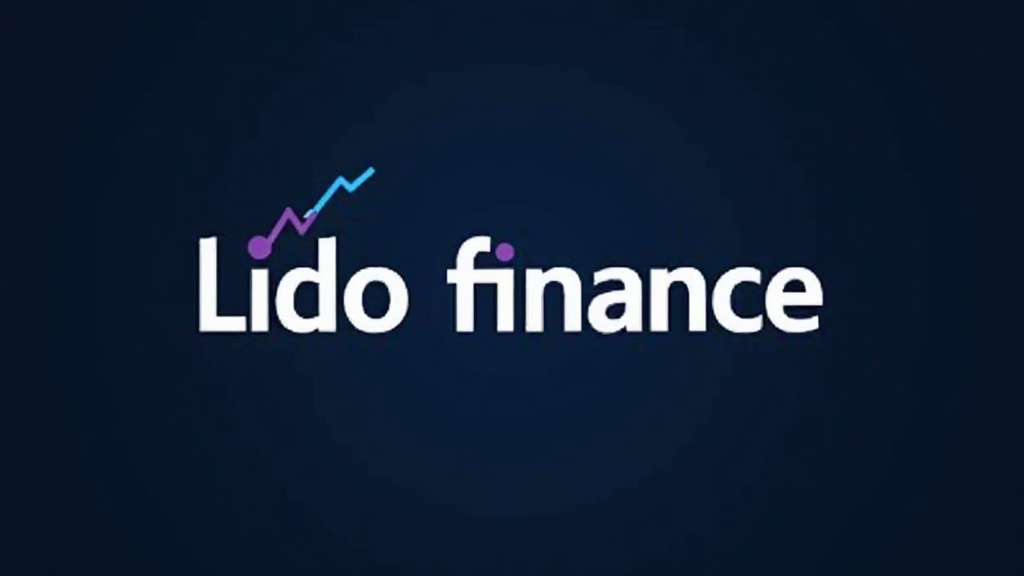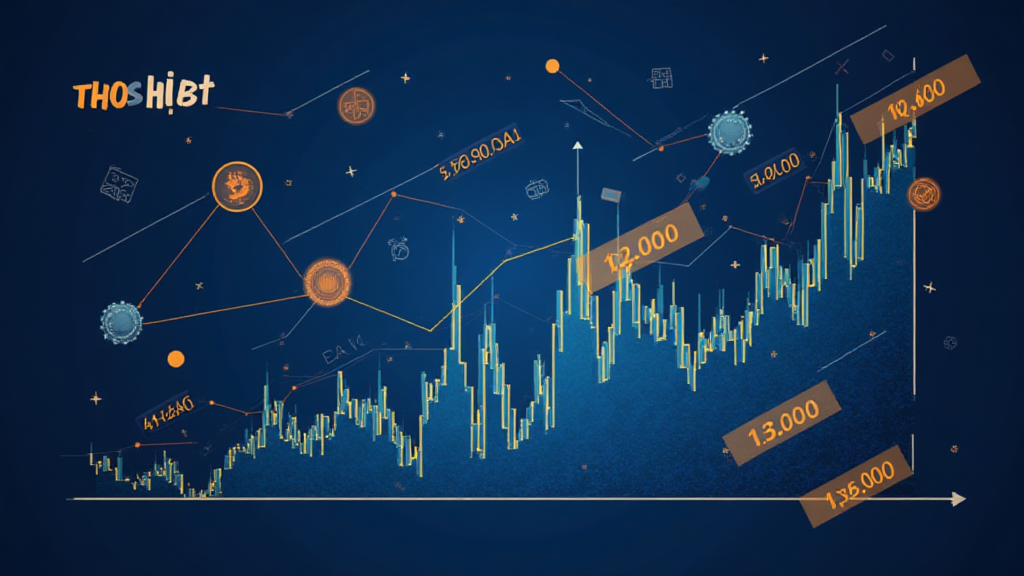Introduction
With more than $4.1 billion lost to DeFi hacks in 2024, understanding the cost structure of Bitcoin exchange APIs is more crucial than ever. As the digital currency landscape grows, users must navigate various fees that come with trading digital assets. This article dives into Bitcoin exchange API fees, their implications for traders, and what you can expect as the market evolves into 2025.
What Are Bitcoin Exchange API Fees?
Bitcoin exchange API fees are costs associated with using application programming interfaces (APIs) provided by cryptocurrency exchanges to access their services. APIs allow traders and developers to interface directly with exchanges, making it easier to manage trades, check account balances, and retrieve market data.
Here’s the catch: while APIs provide valuable tools for trading, they often come with varying fee structures:

- Transaction Fees: Charged per trade executed through the API.
- Withdrawal Fees: Applied when moving funds from the exchange.
- Monthly Subscription Fees: Some exchanges offer premium API services for a monthly fee.
The Importance of Understanding Fee Structures
Understanding the fee structure of an exchange can significantly affect your trading profitability. Many traders overlook these costs, which can erode profits. For instance, if you execute frequent trades, high transaction fees can accumulate quickly.
Comparing the fee structures of different exchanges, both local and global, can help you find the most cost-effective options. Recent data from Vietnam shows an impressive user growth rate of 45% in cryptocurrency trading, indicating a burgeoning market where fee awareness is vital.
Types of Bitcoin Exchange API Fees
The following are the primary types of fees you might encounter:
- Maker Fees: Charged when you add liquidity to the order book by placing a limit order.
- Taker Fees: Imposed when you take liquidity away from the order book by placing a market order.
- Spread: The difference between the buying and selling price, which can essentially act like a fee.
Comparing Exchange API Fees in Vietnam
In Vietnam, the cryptocurrency exchange landscape is evolving rapidly. As detailed in a recent report, the average transaction fee among popular exchanges like Binance, Remitano, and VCC is roughly **0.1%-0.2%**. This is considerably lower than the fees charged by traditional financial institutions.
| Exchange | Maker Fee | Taker Fee |
|---|---|---|
| Binance | 0.1% | 0.1% |
| Remitano | 0.2% | 0.2% |
| VCC | 0.1% | 0.15% |
Source: hibt.com
How to Choose the Right Exchange for Your Needs
When selecting an exchange, consider the following:
- API Efficiency: Latency and uptime can affect trading outcomes. Choose exchanges with robust performance metrics.
- Fee Transparency: Look for details about all applicable fees upfront.
- Security Standards: Ensure the exchange complies with tiêu chuẩn an ninh blockchain to safeguard your investments.
Looking Ahead: What to Expect in 2025
As the cryptocurrency market matures, we anticipate a shift in how exchanges structure their fees. Regulatory pressures may lead to more standardized fees, enhancing transparency for users. Additionally, the growth of DeFi will likely influence how exchanges adapt their API fee structures.
In Vietnam, it is crucial for traders to stay informed about changing regulations as authorities work toward creating a stable legal framework for cryptocurrency trading.
Conclusion
Understanding Bitcoin exchange API fees is crucial for maximizing your trading experience in 2025 and beyond. As evident from the rapid growth in Vietnam’s crypto market, being aware of these costs can enhance your profitability and trading strategy. Always research and compare different exchanges, analyze their fee structures, and keep abreast of regulatory changes that could affect your trading activities.
With the right information at your fingertips, you can navigate the complexities of the cryptocurrency world effectively—empowering you to make informed decisions. For more insights on cryptocurrency trading, check out mycryptodictionary.





